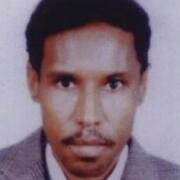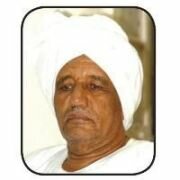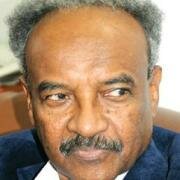Few days ago some parliamentarians in the National Assembly have criticized very harshly the performance of the Federal Ministry of Education
in a workshop organized by the Education Committee in the Assembly. The criticism included the school curriculum and the teachers’ sad economic conditions.
On the other hand , the federal minister admitted that basic and secondary education are facing grave challenges the main one the absence of sustainable public funding for education which had very strong negative impacts on some of the critical areas in the educational system. This was manifested in that out of 35 thousand teachers are in need of training, 35 percent in basic education and 28.4 percent in the secondary level.
In addition to that the implementation of the new education ladder (3-3-6 years stages) will need 8,000 new schools in each state and that the 2017 education project requires SDG 1.910 million, while changing the old education curriculum will cost SDG 67 million
The end result was that 10 million are illiterate, and an enrolment rates of 40 percent in pro-school, 80 percent in basic education and 37.5 percent in secondary education. While textbooks distribution according to the Minister was zero in South, East and West Darfur states which need the formulation of a new vision as textbooks are the backbone of the education system.
The crisis facing education is further demonstrated by the official figures disclosed by the Ministry of Education top officials and which is that out of the 5.2 million children who enroll in the basic education level only I million reach or enroll in the secondary education stage. 35.7 thousand Teachers are supposed to teach this number s of students at both levels, This is catastrophic statistics by any measure.
But the basic question here goes beyond numbers and statistics.
The core of the issue is the lack of a genuine commitment towards good quality education despite the tens of regional and international documents that the country has signed.
This is not limited to the present regime but had started a long time ago and in particular since 1964 which laid the foundation for the destruction of the Sudanese educational system.
The minister has presented the true picture but failed to provide a vision for education in Sudan in the Twenty First century because just more resources will not address the challenges facing education, it goes far beyond more SDGs or dollars.
The Federal Ministry of Education must start first of all with the basic admittance that it needs a comprehensive participatory approach to address this great challenges which it has failed to address during the last more than two decades.
The alternative studies and visions are available what is lacking is the will to accept that education is a public concern and not professional or a job that is monopolized by the Ministry of Education.
-
Focus: Attending Funeral of the Two-state Solution (1-5)Next >




